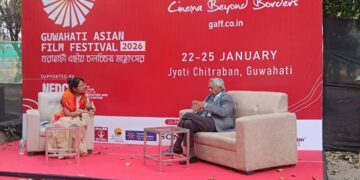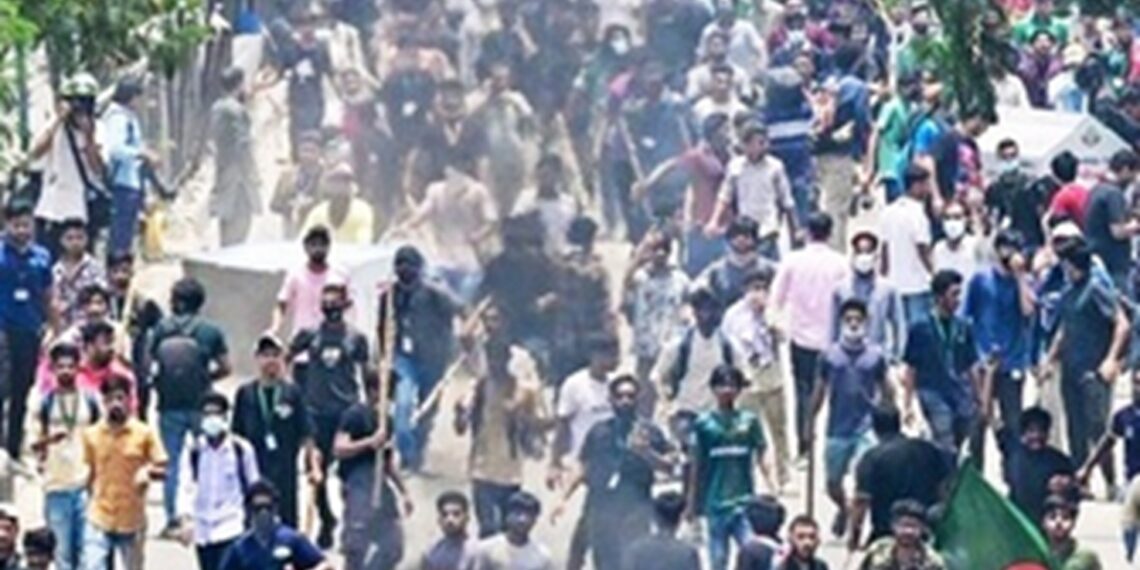Dhaka: The International Crimes Tribunal (ICT) of Bangladesh has issued arrest warrants for 26 individuals, including former Vice Chancellor of Begum Rokeya University, Hasibur Rashid, in connection with the murder of Abu Sayed during last year’s violent student protests.
The tribunal, headed by Justice Md Nazrul Islam Chowdhury, accepted charges against 30 accused in the case.
Among those already in custody are former university proctor Shariful Islam, former assistant sub-inspector Amir Hossain, police constable Sujan Chandra Roy, and Bangladesh Chhatra League leader Imran Chowdhury.
Abu Sayed, a student at Begum Rokeya University, was fatally shot on July 16, 2024, during demonstrations near the university campus in Rangpur.
The protests erupted over demands to reform the government job quota system. Sayed’s death marked the first casualty of police gunfire during the unrest, escalating tensions across the country.
Sayed’s elder brother, Ramzan Ali, filed a complaint with the ICT prosecution wing, implicating former Prime Minister Sheikh Hasina and 23 others in the case.
However, an FIR filed by then sub-inspector Bibhuti Bhushan Roy claimed that Sayed was not killed by police fire but fell victim to violence caused by unidentified protesters, allegedly including activists from the Bangladesh Nationalist Party and Jamaat-e-Islami.
Prosecutor Mizanul Islam stated during a press briefing that the investigation uncovered the involvement of 30 individuals.
ALSO READ: Sufiur Rahman, appointed Special Assistant to Yunus in April, may not take up assignment at all
The case has stirred political controversy, with many viewing it as an extension of political vendettas under the Muhammad Yunus-led interim government.
Critics argue that Hasina and her supporters are being targeted with charges perceived as politically motivated following her ouster in August 2024.
Hasina’s abrupt removal from office after the violent student uprising was widely regarded as a blow to Bangladesh’s democratic framework, sparking debates over the fairness of judicial processes under the current administration.















